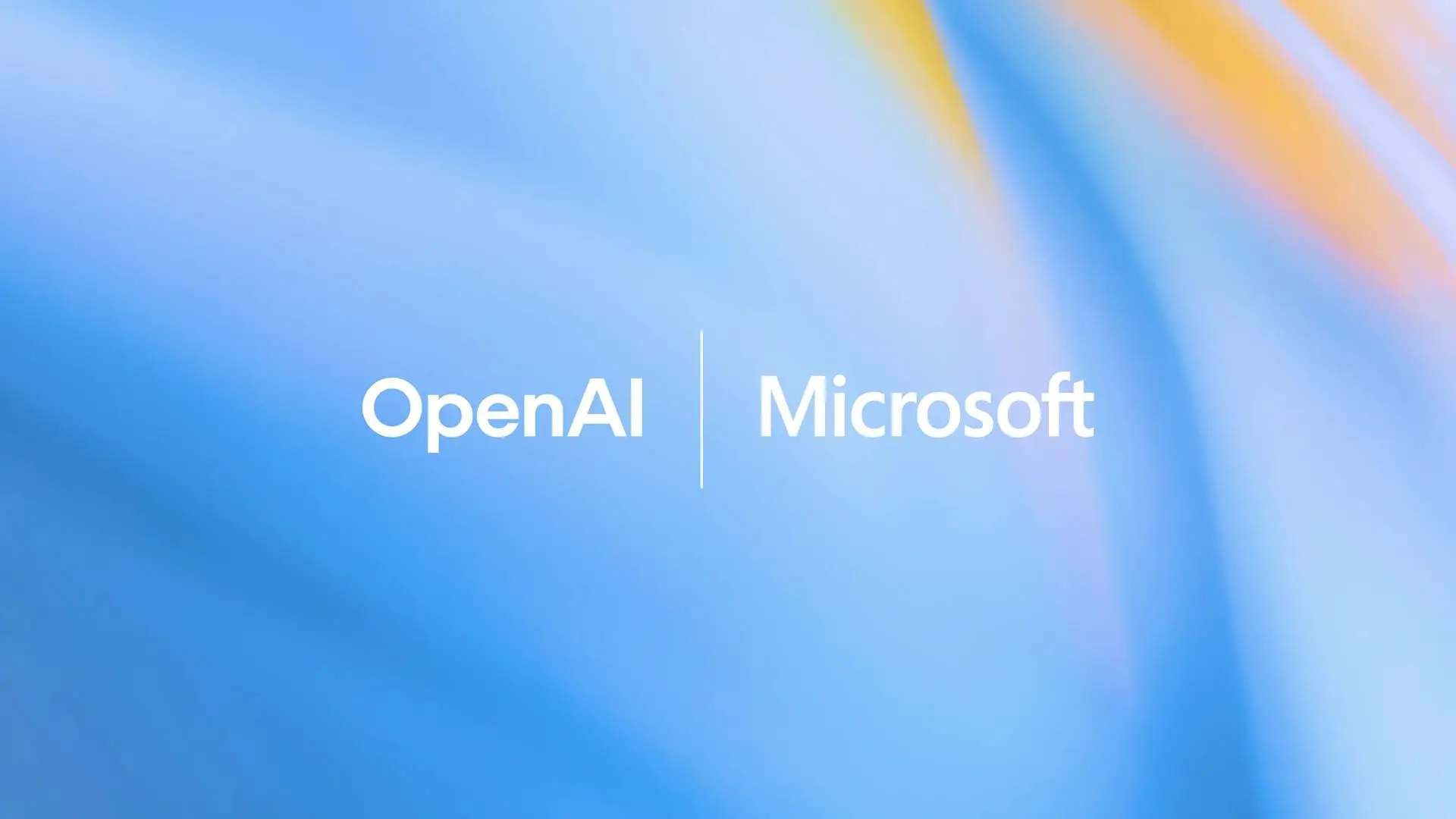
Photo: Justin Sullivan/Getty Images
OpenAI is set to reduce Microsoft’s share of its revenue from 20% to approximately 8% by the end of the decade, significantly boosting OpenAI’s retained earnings by more than $50 billion, according to a report by The Information. This adjustment follows a non-binding memorandum of understanding that restructures the companies’ partnership and paves the way for OpenAI’s transition to a public benefit corporation and eventual IPO (Reuters).
Under the original 2019 arrangement, Microsoft received a 20% cut of OpenAI’s revenue through 2030 in exchange for providing cloud infrastructure and preferential access to the startup’s technology. As part of the newly negotiated terms, Microsoft’s equity stake in the restructured OpenAI would be adjusted to roughly 30%, while the nonprofit arm retains control with a stake valued at over $100 billion, reflecting about 20% of OpenAI’s targeted $500 billion valuation in private markets.
Strategic and Financial Implications
The revised revenue-sharing ratio resolves months of delicate negotiations, balancing OpenAI’s drive for independence with Microsoft’s need to protect a $13 billion investment made since 2019. Microsoft’s integration of OpenAI’s models across Azure, Office, and other key products has made the relationship central to its AI strategy. OpenAI’s annualized revenue has surged to around $13 billion as of July 2025—more than triple the $4 billion recorded in 2024—with over 700 million weekly active users and more than 5 million paying business customers.
Regulatory Hurdles and Next Steps
OpenAI’s shift to a public benefit corporation requires approval from both California and Delaware attorneys general, who are reviewing the proposed for-profit transition. Completion by year-end is critical to unlock billions in new funding commitments contingent on the corporate restructuring. Failure to finalize the deal could jeopardize recent funding rounds totaling tens of billions of dollars and stall OpenAI’s long-term growth plans.











